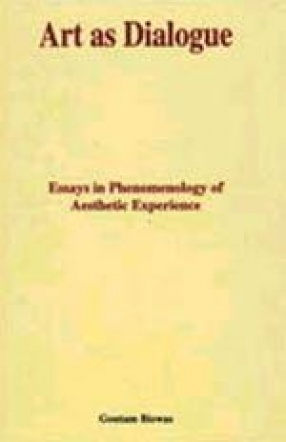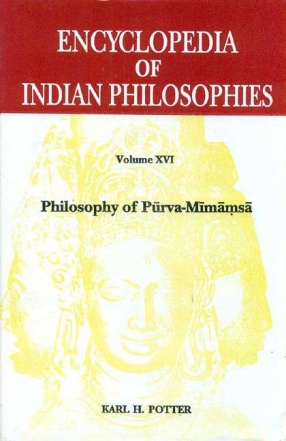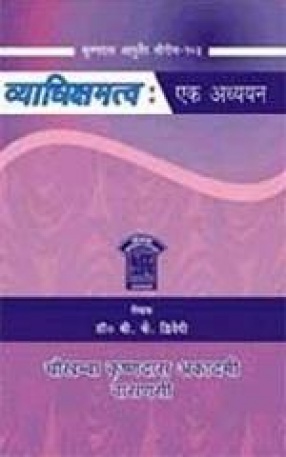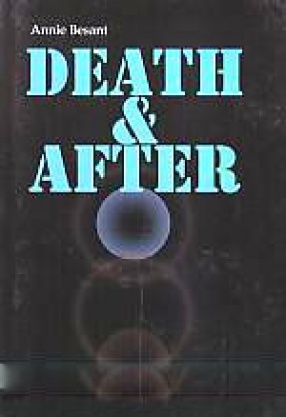This refreshingly original work presents a totally new methodology for understanding the concept of aesthetic experience. The traditional model of explaining this experience through the dichotomy of the creator, beholder or critic on the one hand, and the object of art, on the other is challenged and replaced by the new model which the author prefers to call dialogue — a dialogue between the subject and the object, I and Thou. The epistemological and ontological methods which rely heavily on the bifurcation of the subject and the object fails to reveal the true nature of the experiential whole that forms the real core of aesthetic experience. The author’s innovative methodology holds the promise for transcending the bounds of all such limitations and distinctions. Most significantly, the conception of “art as dialogue†is stipulated to work not as a means, but as an end, i.e., the consummation of art-experience itself. In this scheme the principle of relationship, not the substance, constitutes the reality of aesthetic experience and the model allows one to encompass within its scope the pre-linguistic, linguistic and trans-linguistic phases of the relationship between the man and the art. Dr. Biswas’ long training in Phenomenology and Existentialism makes his study of Martin Buber and Michael Polanyi lucid and stimulating. And his immense interest in Modern Indian Philosophy results in a superb analysis of Tagore’s and Radhakrishnan’s aesthetic approach.
Encyclopedia of Indian Philosophies, Volume XVI: Philosophy of Purva-Mimamsa
This Volume deals with the ...
$90.00
$100.00





There are no reviews yet.